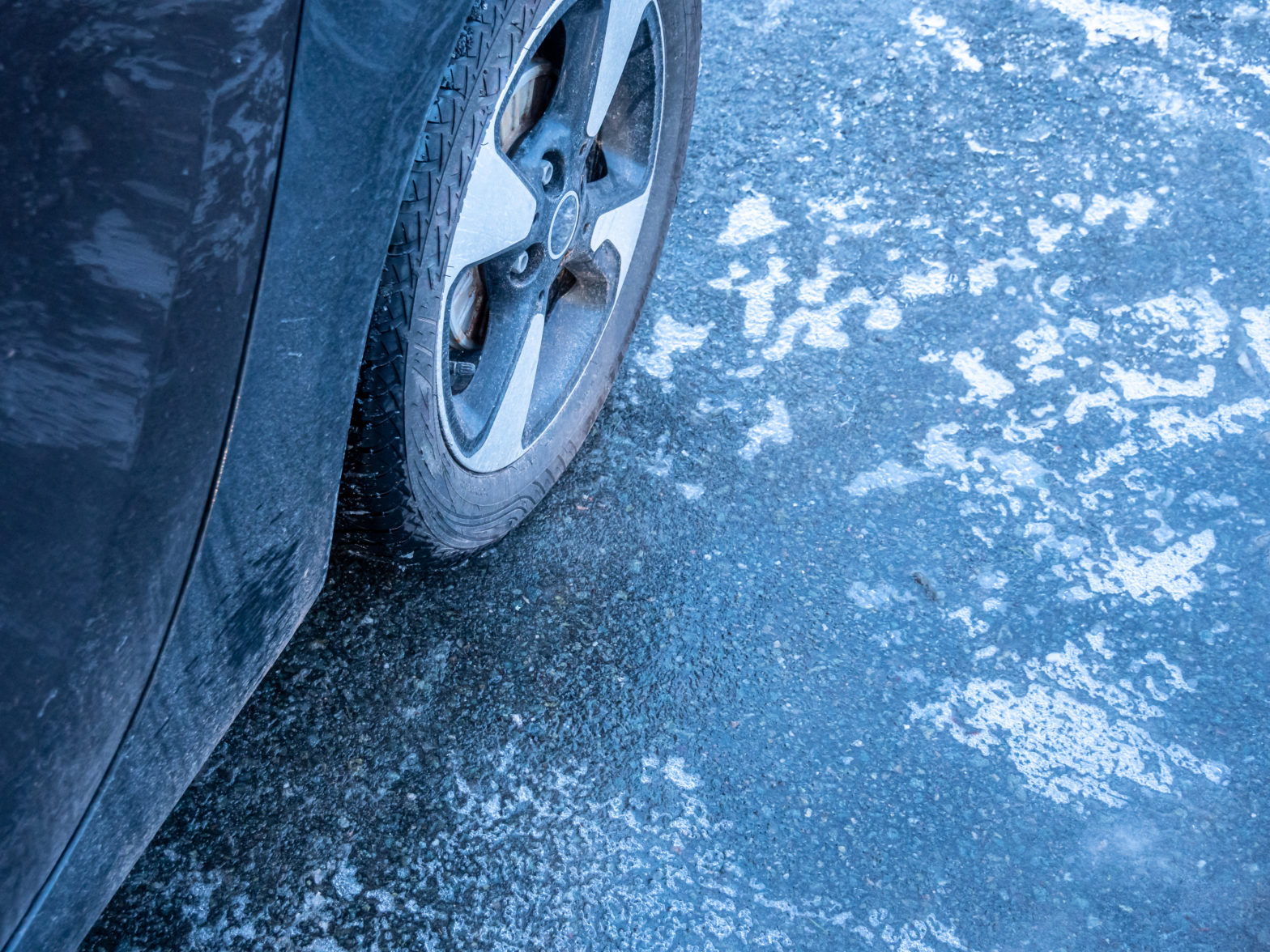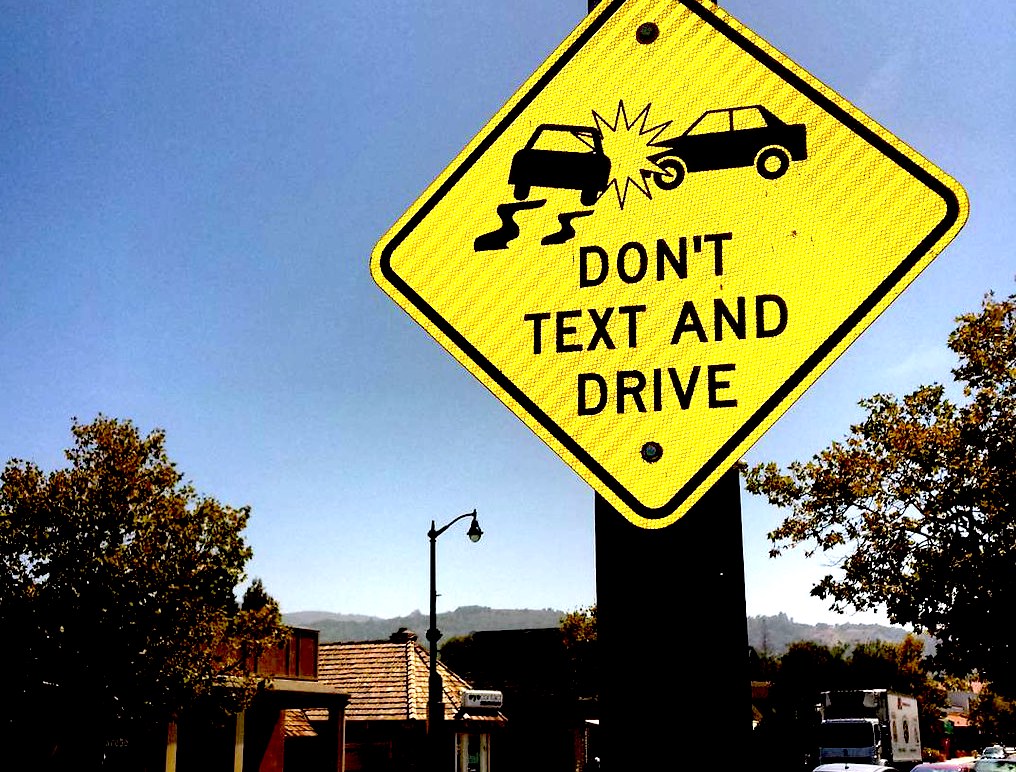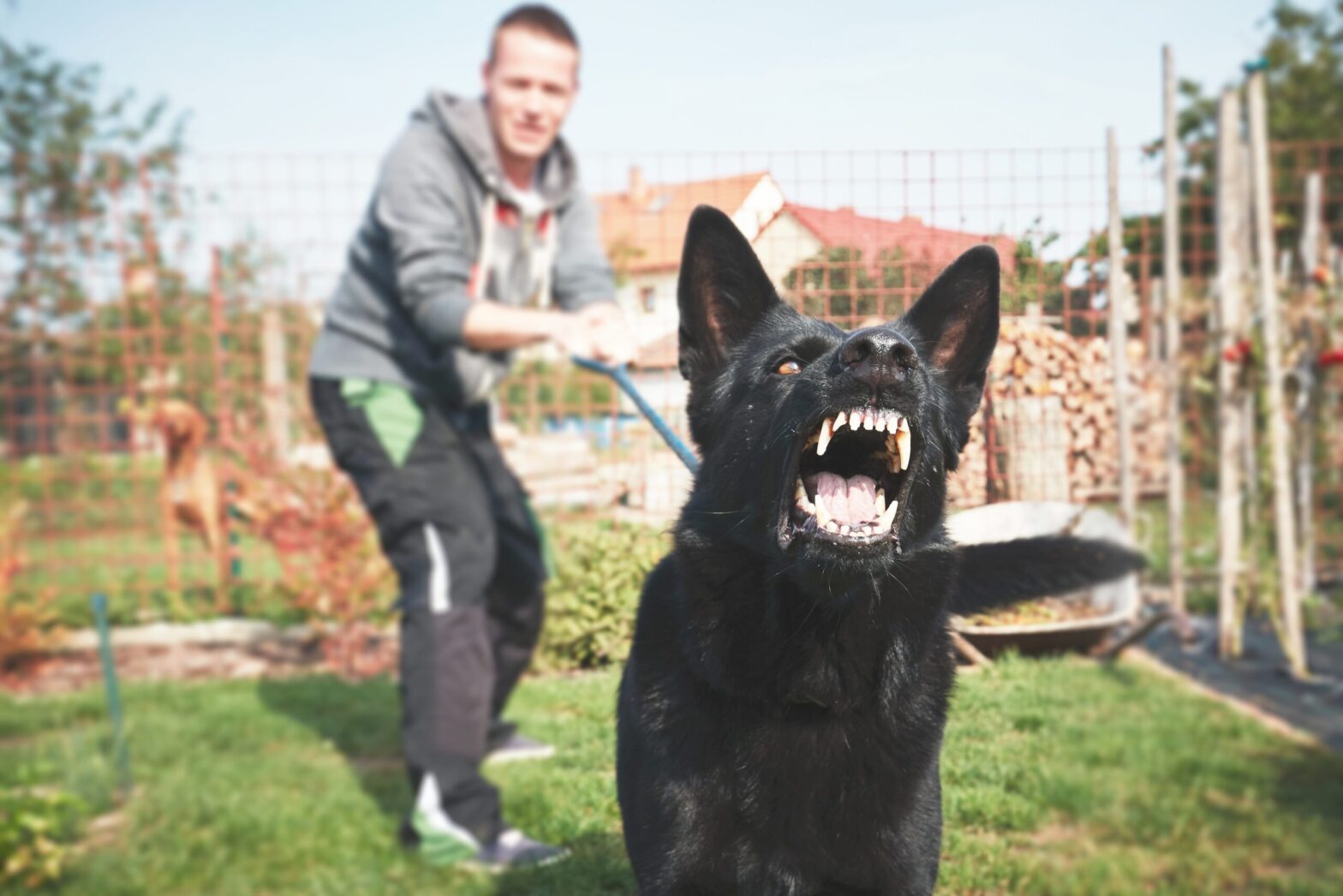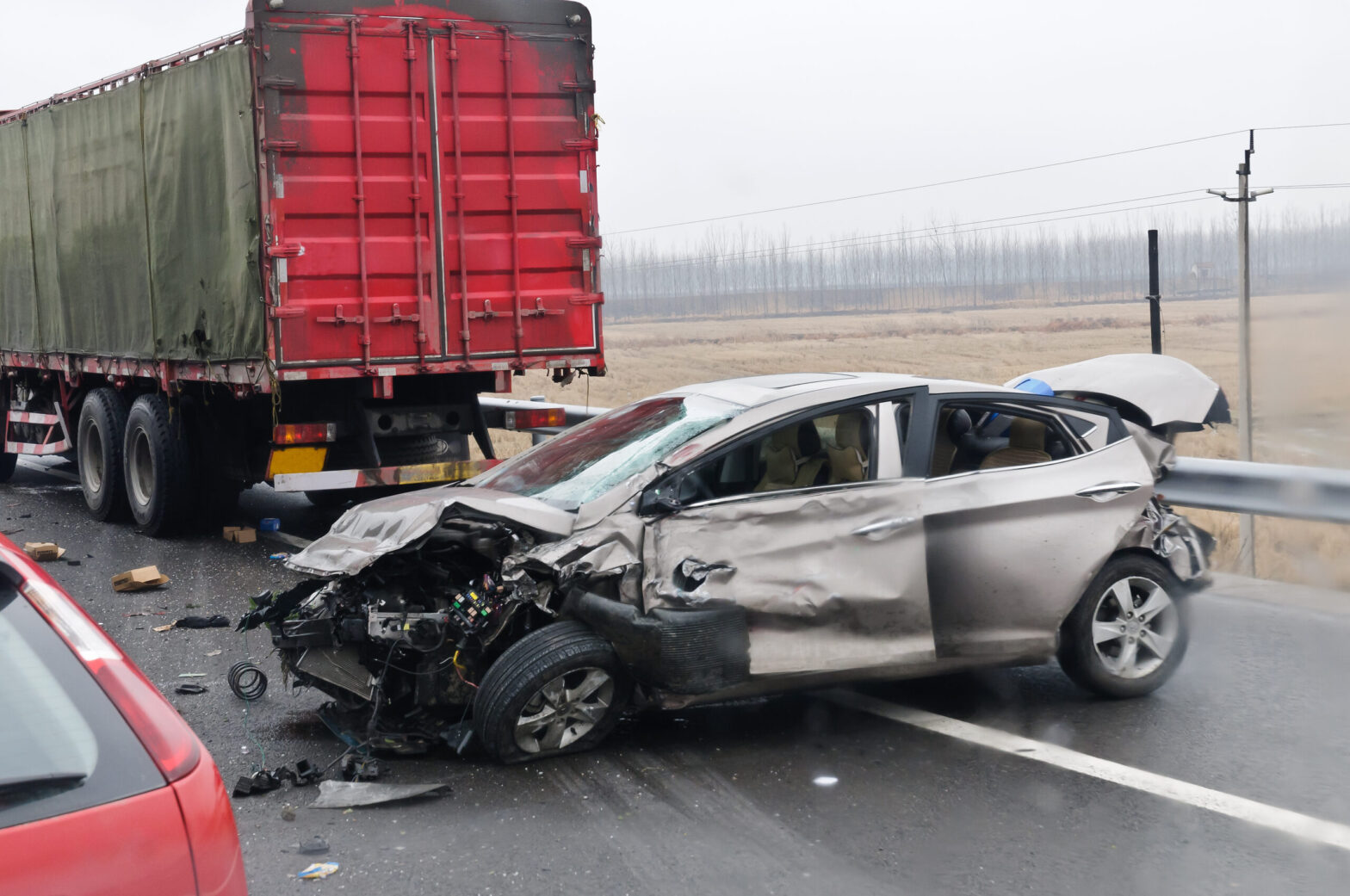
Winter has arrived in Pennsylvania, and with it comes hazardous road conditions. Snow and black ice are the cause of many auto accidents this time of year, and while some accidents are minor fender benders, others can result in serious injury. According to Safe Winter Roads, nearly 900 people are killed and nearly 76,000 people are injured in vehicle crashes during winter weather. So, who is at fault when a collision happens on black ice when winter weather is at play?
The fact of the matter is, even though a driver is unable to control their car in snow or on black ice, drivers are aware of the dangers of driving in winter weather, and the law does hold them responsible when an accident happens. Drivers have a duty to drive safely and appropriately no matter the conditions.
As we head into the coldest months of the year, let’s take a look at a driver’s duty in winter weather, steps to take to stay safe on wintry roads, and what to do if you are involved in an accident.
Driver’s Duty in Winter Weather
Just like other times of the year, every time a driver chooses to operate their vehicle and gets into an accident, they can be held liable for damages and injuries. Even if a driver loses control on black ice, they can still be held accountable. Drivers have a responsibility to watch out for inclement weather and adjust their driving to compensate for it if necessary. A driver’s duty is to drive safely, obey traffic laws, and respect the rights of other drivers, no matter the weather conditions.
Pennsylvania, among other states, has additional laws that are aimed at winter driving. In Pennsylvania specifically, drivers are required to remove snow and ice from their vehicles before traveling. State law states that if snow or ice from your car strikes another vehicle or person, you can be ticketed.
If you were involved in a car crash because another driver lost control of their vehicle due to black ice, snow, or other winter weather, you have the right to file a personal injury claim. Before talking to the insurance company, reach out to a personal injury attorney to understand your rights. Medical bills can quickly pile up, and a personal injury claim can help you recover your financial losses.
Steps to Stay Safe on Wintry Roads
The best way to stay safe on wintry roads is to avoid traveling in the first place. If you have to hit the road during snow, sleet, or freezing rain, remember you have a duty to adjust your driving accordingly to account for poor road conditions.
Here are several steps to stay safe on wintry roads in Pennsylvania:
- Pack an emergency kit. Just recently, motorists were stranded on I-95 after a quick-moving storm came through the mid-Atlantic. Drivers had to wait for hours, some more than a day, for responders to clear the roads before travel was safe. During the winter, always have an emergency kit in your vehicle. A good list of supplies includes blankets, water, food, jumper cables, matches and candles, an ice scraper, sand or cat litter, a portable phone charger, and flashlights and batteries. An emergency kit can help you stay safe if you are stranded.
- Be aware of black ice. Black ice is a thin coating of glaze ice on a surface, especially roadways. Black ice forms when snow or rain falls, melts, then refreezes on roadways. Black ice car accidents happen quickly and can result in serious injuries. Drivers who lose control on black ice may end up in a spin and can slam into other vehicles or objects.
- Drive slowly. Many accidents that occur on black ice or snow-covered roads happen because a driver was exceeding a safe speed limit. Your vehicle will take longer to stop during inclement weather, so take it slow. Avoid jerky movements and keep your driving deliberate, gentle, and smooth.
- Look far ahead. During winter weather, always be aware of what is happening in front of you. Anticipate upcoming turns and allow stopping distance between you and other vehicles. A good rule is to allow at least double the stopping distance when roads are wet and triple the distance for snow and icy roads.
- Prepare for skids. If you’ve been driving for years, chances are you have experienced hitting a slick spot and getting into a skid. This can be a terrifying experience. When your car skids, don’t panic and do not hit the brakes! For front-wheel skids, ease off the gas. As soon as your car regains traction, aim where you want to go. For rear-wheel skids, turn the steering wheel in the same direction that the rear is sliding. Ease off the gas and stay off the brakes.
Driving in winter weather can be hazardous. Reduce your chances of being in an accident by following these safety tips. Even if you practice safe winter driving, other drivers may not. If you were involved in an accident and the at-fault driver was driving recklessly on black ice or snow-covered roads, you may be able to seek compensation from the negligent party for damages and injuries. A personal injury law firm can help you receive maximum compensation.
What to Do After a Winter Accident
Snowy and icy roads can lead to severe car accidents and handling what to do afterward can become complicated in severe weather. If there is black ice or snow, other vehicles may not be able to stop and there is a risk of a multi-vehicle accident.
If you are involved in an accident during the winter, here are steps to take to not only protect your rights, but also keep you safe from further harm:
- If possible, move your car out of harm’s way. After an accident during inclement weather, you should move your vehicle, or yourself, to safety as quickly as possible. Get your car off of the road to somewhere safe nearby. If you stay on the road, you can put yourself at risk of other drivers colliding with your car.
- Call 911. After you are in a safe space, call 911 to report the accident. Inform the 911 operator of any injuries. The police will document the accident and record important facts and details that can be helpful for a personal injury case.
- Safely document the scene. Talk to witnesses of the accident and gather as much information as possible on how the crash occurred. Only do this if it is safe to do so and there are no risks for additional crashes or injuries. Passengers are not considered witnesses during a personal injury claim, so talk to other drivers who were nearby. Take pictures of your vehicle and other vehicles involved.
- Seek medical treatment. Even if you have a small bruise or just feel achy, always seek medical treatment after an accident. Some injuries such as whiplash or internal bleeding may not be immediately apparent. A medical provider can document your current health conditions and monitor you for further health complications. Having your injuries documented is important in a personal injury lawsuit.
- Call a personal injury attorney. Personal injury law firms are experts at dealing with the aftermath of a car accident that results in an injury. Having a team on your side can help you recover compensation for your injuries, lost wages, and pain and suffering.
Lancaster’s Top Personal Injury Law Firm
At Georgelis, Larsen & Sabatino Injury Law Firm, P.C., we understand the stress, anxiety, and financial burden that is caused by a winter car accident. If you were injured in a winter accident, reach out to the team today to discuss your personal injury case. Black ice and snow-covered roads do not release liability from the at-fault driver, and you may be entitled to compensation for your injuries.
Our team of attorneys will work hard to help you recover compensation for your medical bills, lost wages, and pain and suffering. We know how to fight for your rights and can help you understand the legal process. We have been representing the injured in Lancaster County for decades and offer free consultations. We can visit you at your home, your office, and even the hospital – reach out today at 717-394-3004 or start a live chat on our website for immediate assistance.





